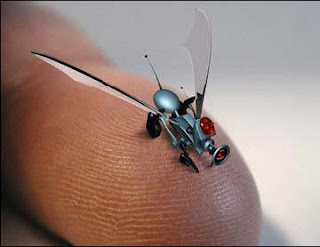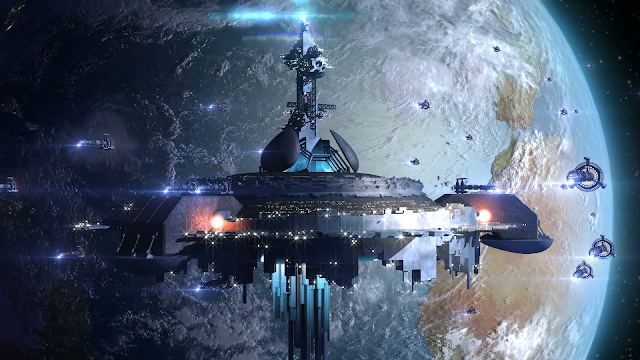How Technology is Advancing too Fast For Art
Retro gaming is a bizarre phenomenon. Being a technology driven medium, games go through generations in just a few years. However, the differences between generations is more profound than technological advances. It seems that more advanced possibilities change the entire landscape of gaming culture. Retro gaming is a growing trend, but it is becoming hard to define. There are so many generations of games now, all differing so significantly, that the definition of retro changes according to age, tastes, and personal nostalgia. It's not enough to simply say "Retro means old" any more. The reason for this blurring of definition, is that games advanced so fast, that human creativity couldn't even keep up. To understand this, remember how old 8-Bit games had such primitive sound, yet the creators did what they could to make the sounds good. We still remember the old music with fondness, not as impressed by today's music that was created with no limitations. It






